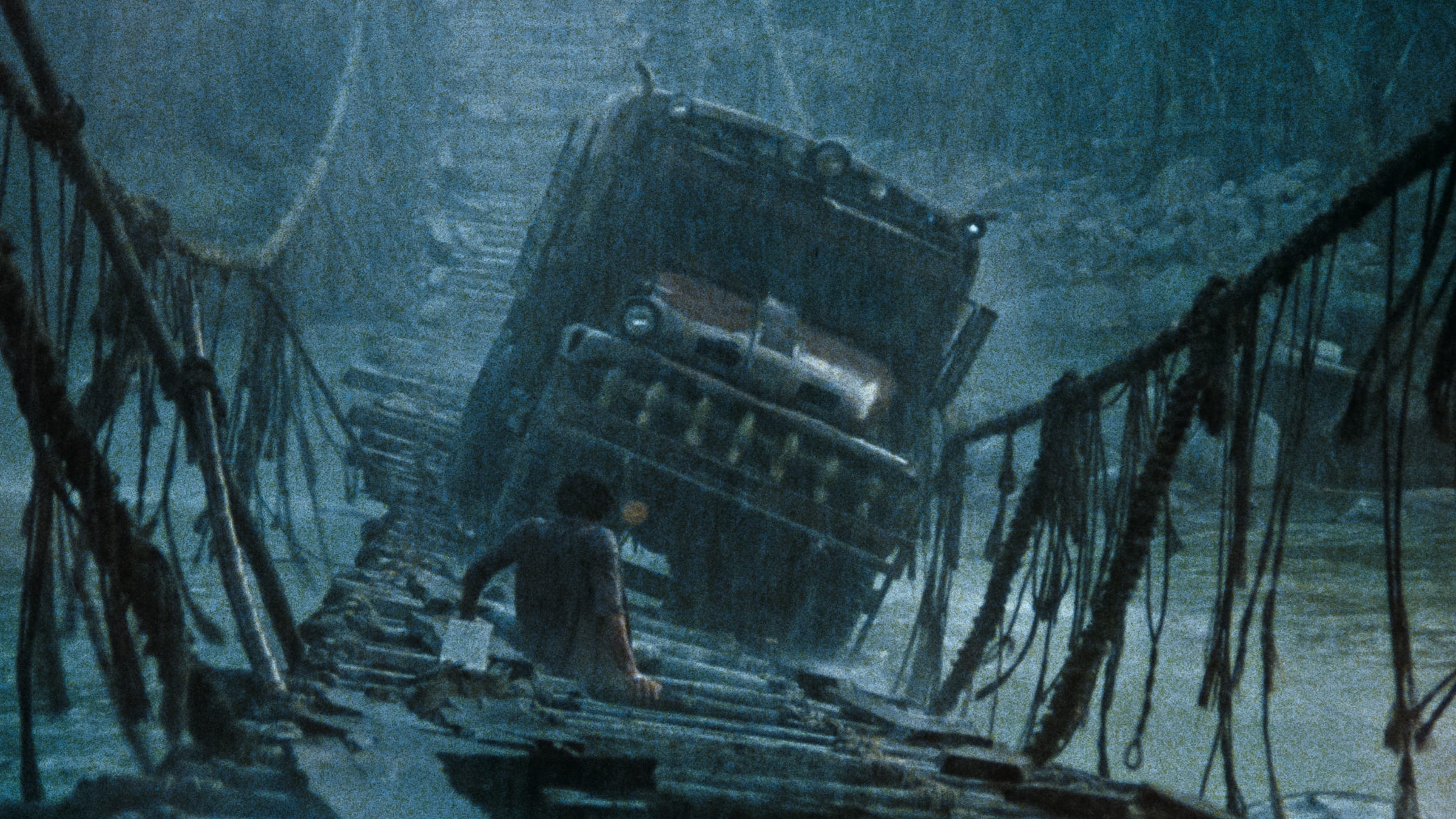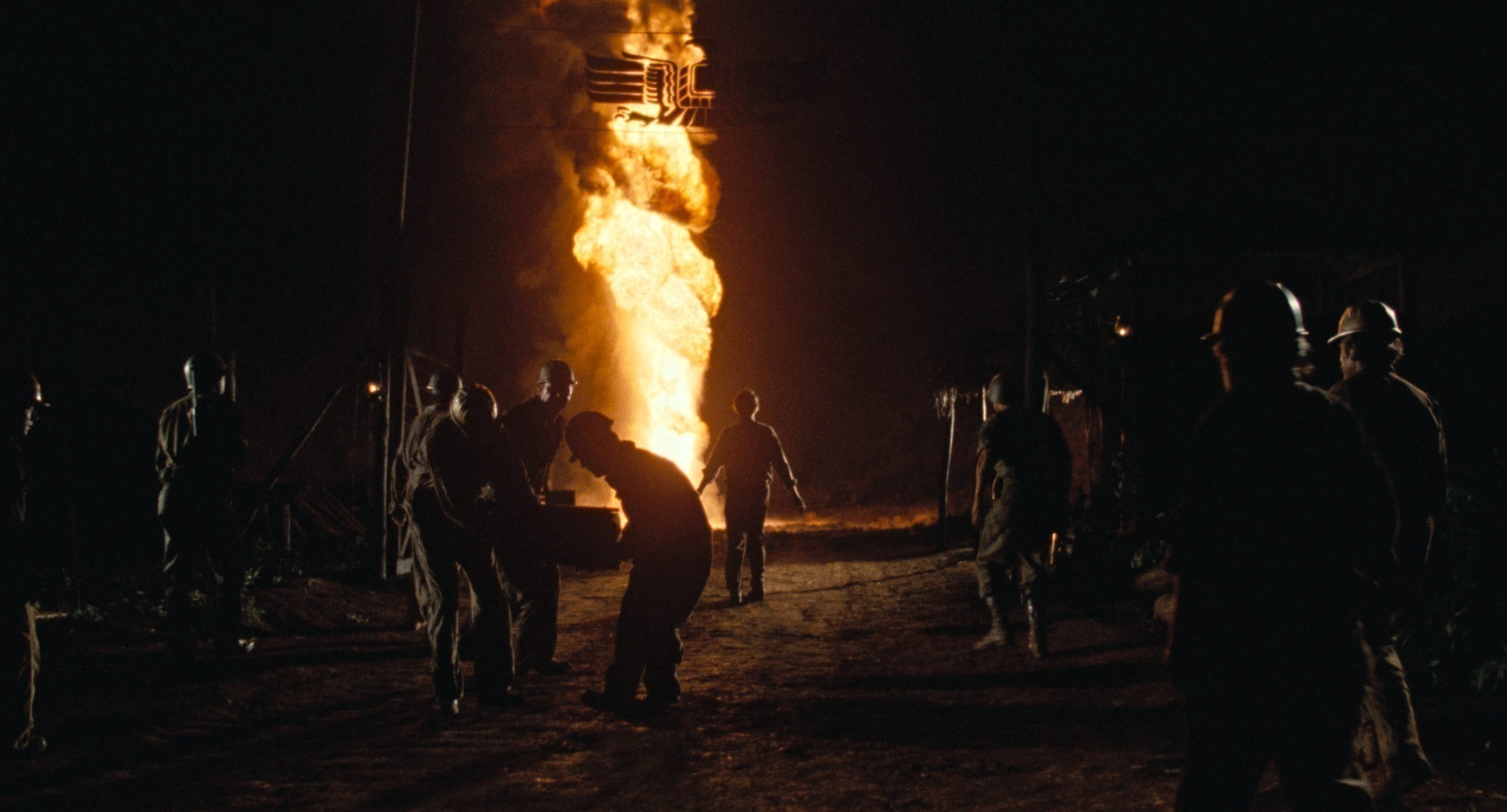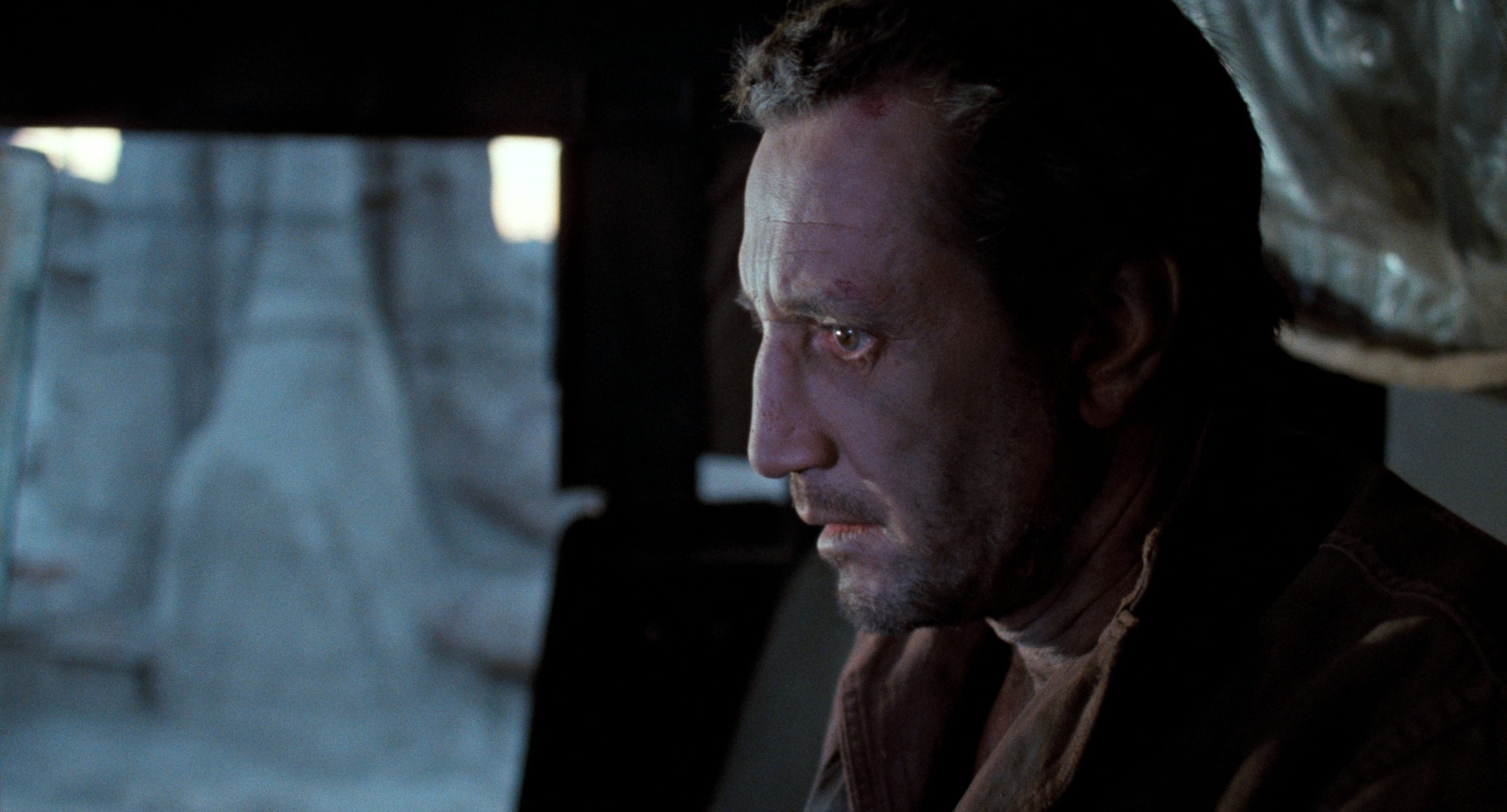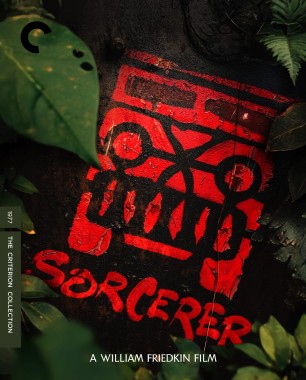Sorcerer: Bleak Magic

What does a filmmaker do after directing back-to-back triumphs—one the winner of five Oscars, and the other the most successful and influential horror movie of its era? The one-two punch of The French Connection (1971) and The Exorcist (1973) left William Friedkin euphoric but indecisive: He had no idea what to do next, he wrote in his 2013 memoir, The Friedkin Connection, and he was too busy enjoying his newfound fame and fortune to figure it out. He was interested in Gerald Walker’s novel Cruising, but decided against making another gay-themed drama so soon after The Boys in the Band (1970). (He would change his mind a few years later.) Ultimately, with a deal in place to direct his first film for Universal Pictures, he landed on something more personal: a dream project that he felt he’d built up enough goodwill to pursue.
From that dream erupted the brutal, nerve-jangling existential nightmare of Sorcerer (1977), an adaptation of Georges Arnaud’s 1950 suspense novel, The Wages of Fear, about four down-on-their-luck Europeans transporting two truckloads of nitroglycerin across perilous jungle terrain. Arnaud’s tale had already been filmed before, brilliantly; indeed, Friedkin had long considered Henri-Georges Clouzot’s The Wages of Fear (1953) a major influence, and even went to the trouble of securing Clouzot’s blessing for Sorcerer. But Friedkin conceived his film as more readaptation than remake, and he meant to put his own mark on the material. Where Clouzot had made a model of classical screw-tightening suspense, Friedkin sought to grind the viewer’s nose in the muck, to infuse the mechanics of genre with the same rough-hewn realism that had made The French Connection so grittily persuasive. Sorcerer, Friedkin felt certain, would surpass that achievement; it would be his magnum opus—the most viscerally transporting and uncompromising film of his career.
Friedkin and screenwriter Walon Green (an Oscar-nominated cowriter on Sam Peckinpah’s The Wild Bunch) recast the four men as four scoundrels, all on the run from different parts of the world and brought together in Porvenir, a fictional backwater in an unspecified, oil-rich Latin American country. It’s fitting that, of all the choices Friedkin could have made, he wound up telling a story that treats the very notion of choice as a delusion. Even before these fugitives embark on their journey, their every move conspires against them—and once the rubber meets the perilously serpentine road, every split-second decision and frenzied turn of the wheel brings them one agonizing step closer to ruin.
Arnaud’s novel chronicled an epic test of endurance; Sorcerer, in effect, became one. “It turned out to be the most difficult, frustrating, and dangerous film I’ve ever made,” Friedkin wrote, and indeed, every behind-the-scenes account of Sorcerer reads like an inexorable descent into moviemaking hell, analogous to the travails of Aguirre, the Wrath of God (1972) and Apocalypse Now (1979). Friedkin wooed three major stars—Steve McQueen, Marcello Mastroianni, and Lino Ventura—all of whom dropped out, one after the other. Plans to film in Ecuador were scrapped after Paramount Pictures agreed to cofinance the film with Universal, at which point shooting moved to the Dominican Republic, then practically owned by Paramount’s parent company, Gulf and Western Industries. (The irony of a resource-extraction conglomerate funding a movie about the sins of American oil imperialism was hardly lost on Friedkin, who planted a Gulf and Western corporate photo in a crucial scene, causing one executive to have, in Green’s words, “a shit hemorrhage.”)






